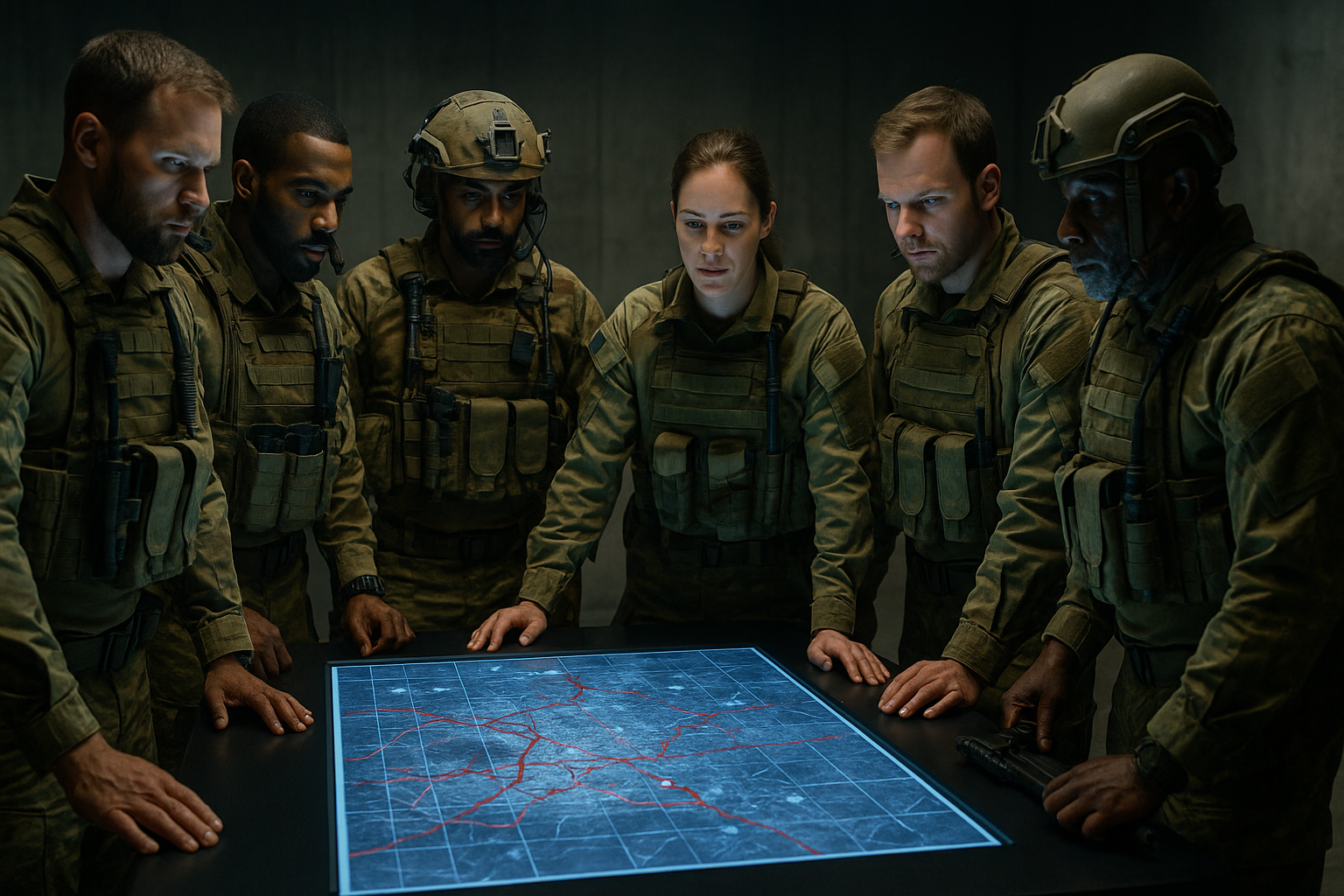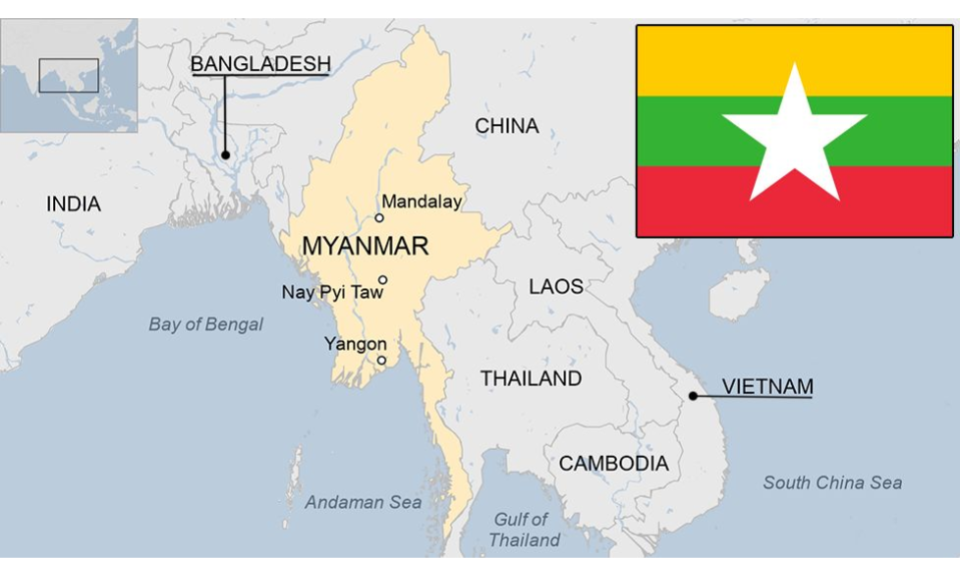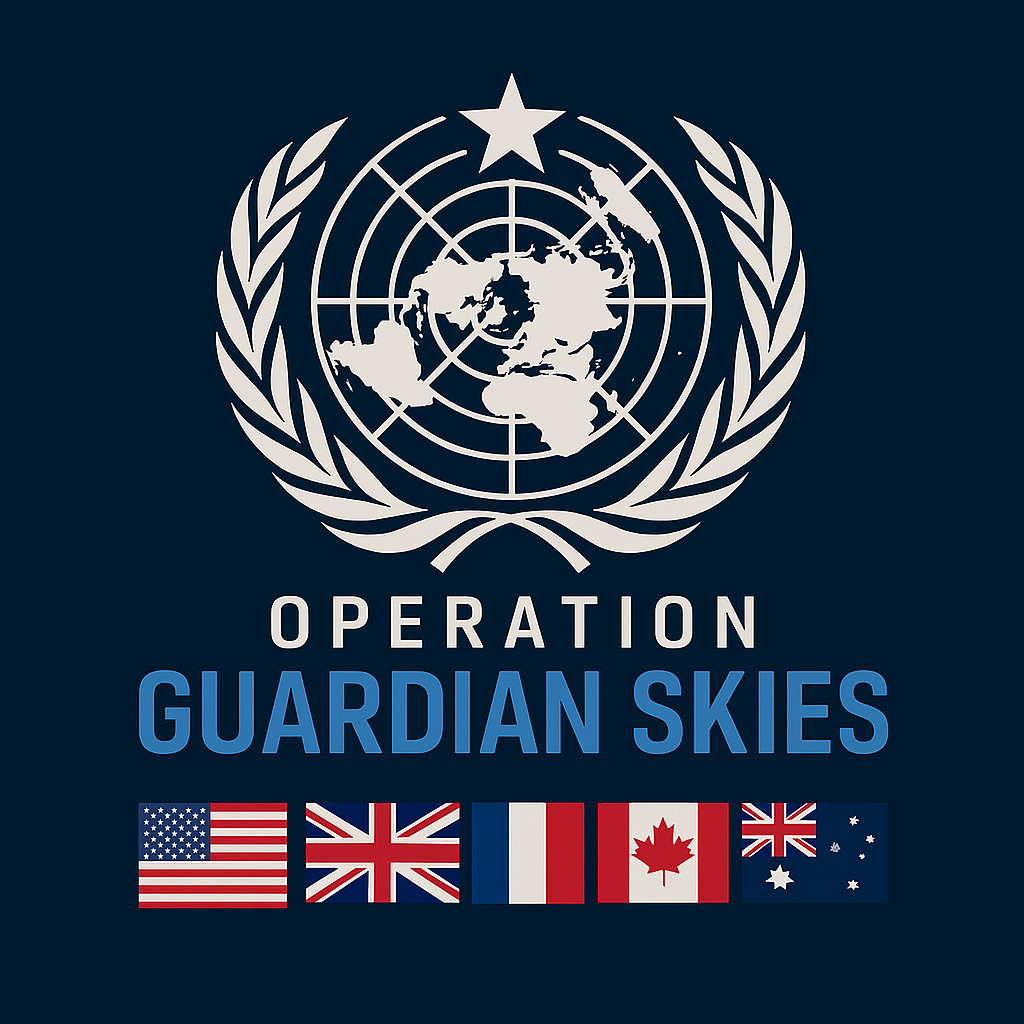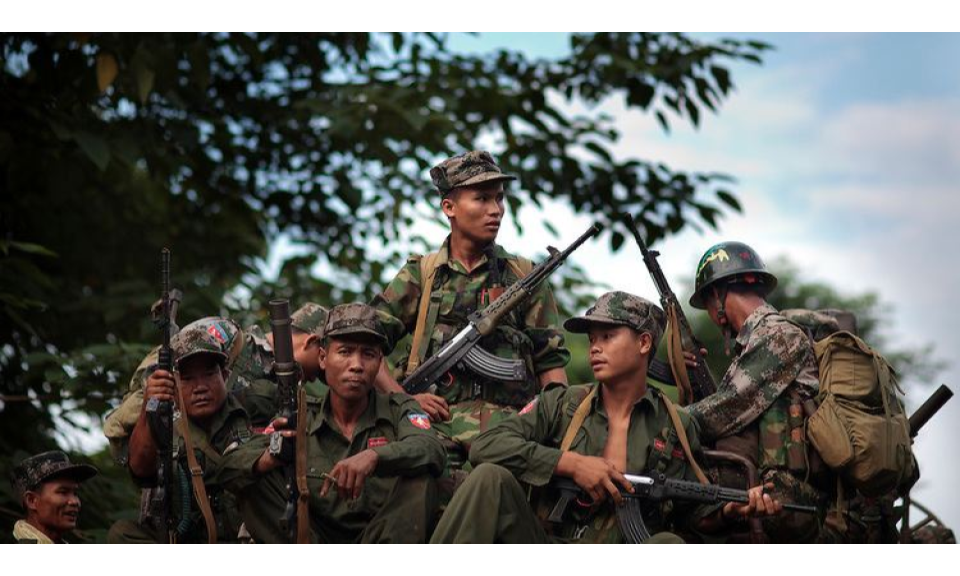This mission places you at the forefront of Operation Guardian Skies, a UN-sanctioned, multinational effort to protect vulnerable populations and restore stability in Myanmar.
As part of an elite Canadian Special Operations Task Force, you are charged with executing a high-risk mission deep inside contested territory. You must navigate a volatile landscape shaped by hostile forces, shifting alliances, and unforgiving terrain.
Under mounting pressure, every decision matters — demanding a careful balance between operational effectiveness, strategic impact, and ethical conduct. Success will depend on your team’s cohesion, adaptability, and resolve in one of the world’s most challenging environments.




